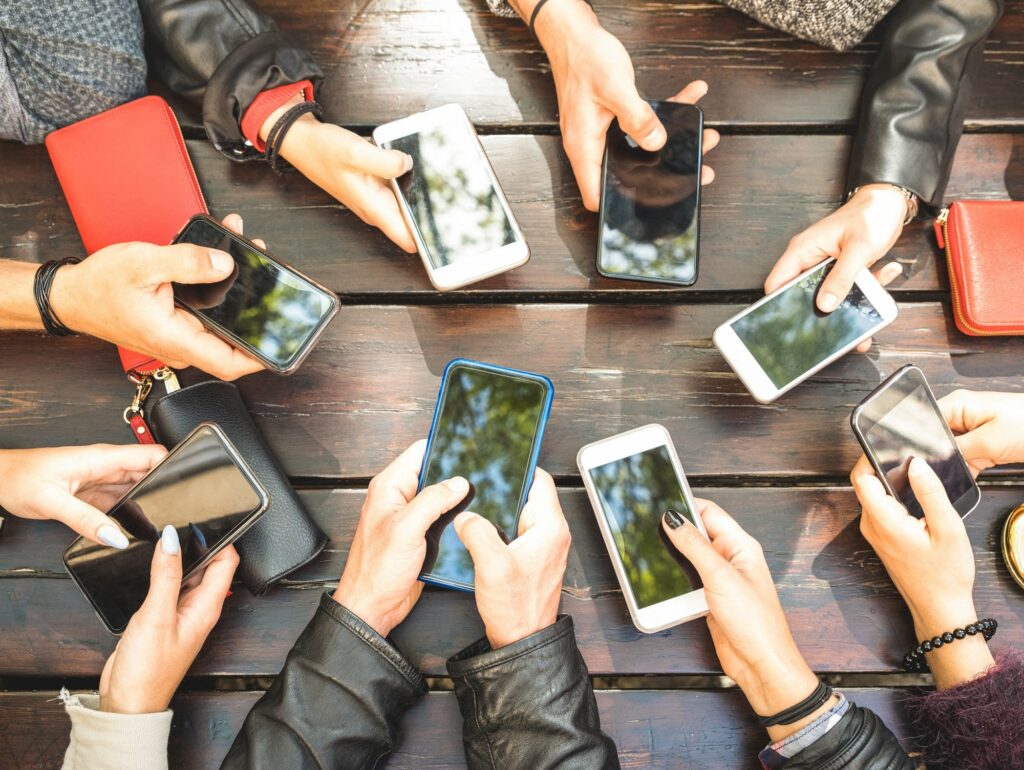Blog Post
‘Smartphones as security blankets’ prevent us from living fully human lives
By Jonathon Van Maren
A Saturday column in the Washington Post posed an unsettling question: “Are smartphones serving as adult pacifiers?” It begins with the story of a UPenn assistant professor observing that while working on her PhD, she often reached for her phone when she was stressed. “Just holding it made me feel good,” Shiri Melumud said. “It gave me a sense of ease or calm. It was similar to children who seek out their pacifiers when they are stressed. For many of us, our phone represents an attachment object, much as a security blanket or teddy bear does for a child.”
At first glance, the comparison doesn’t seem apt. After all, our smartphones often cause us active stress — social media companies intentionally use anger, fear, division, lust, or loneliness to monetize our attention and drag our eyeballs past more ads to keep their tabs running higher. But Melumud’s comparison went further. Like children, she noted, we often “become frantic” when we misplace our omnipresent smartphones, which serve as digital security blankets. We use them constantly, and for everything. We route our lives through these devices.
But as it turns out, the role of smartphones in our lives may be even larger than we thought. According to the Post: “[S]cientists studying the relationship between people and their smartphones also have come up with additional insights in recent years about how people behave when using them, including discovering that people can draw needed comfort by their mere presence.” In short, we genuinely form “a deep personal connection with our phones” that become, in some senses, extensions of our personalities—and we open up more on our phones than in other spheres of our lives.
According to Aner Sela, an associate professor of marketing at the University of Florida who has been researching the subject: “Smartphones allow people to be themselves. When we are engaged with our phones, we feel we are in a protected place. You feel like you are in your own private bubble when you use them. We get into a state of private self-focus, looking inward, paying attention to how we feel, and less attuned to the social context around us.” Without this “bubble” — or pacifier — we tend to panic.
Kostdin Kushlev, a psychology professor at Georgetown who researches health and digital technology, agrees. Although we don’t entirely know what is at the root of our attachment to our smartphones, he says, “one theory that makes sense to me is that they represent that we have friends. It’s a reminder that we have friends, and knowing we can reach them, even remotely, is comforting. Also, they are very personal devices, more so than any other device, and with us all the time.” In some ways, we have invested a bizarre level of humanity to our smartphones. We are “users” — not in the good sense, either.








